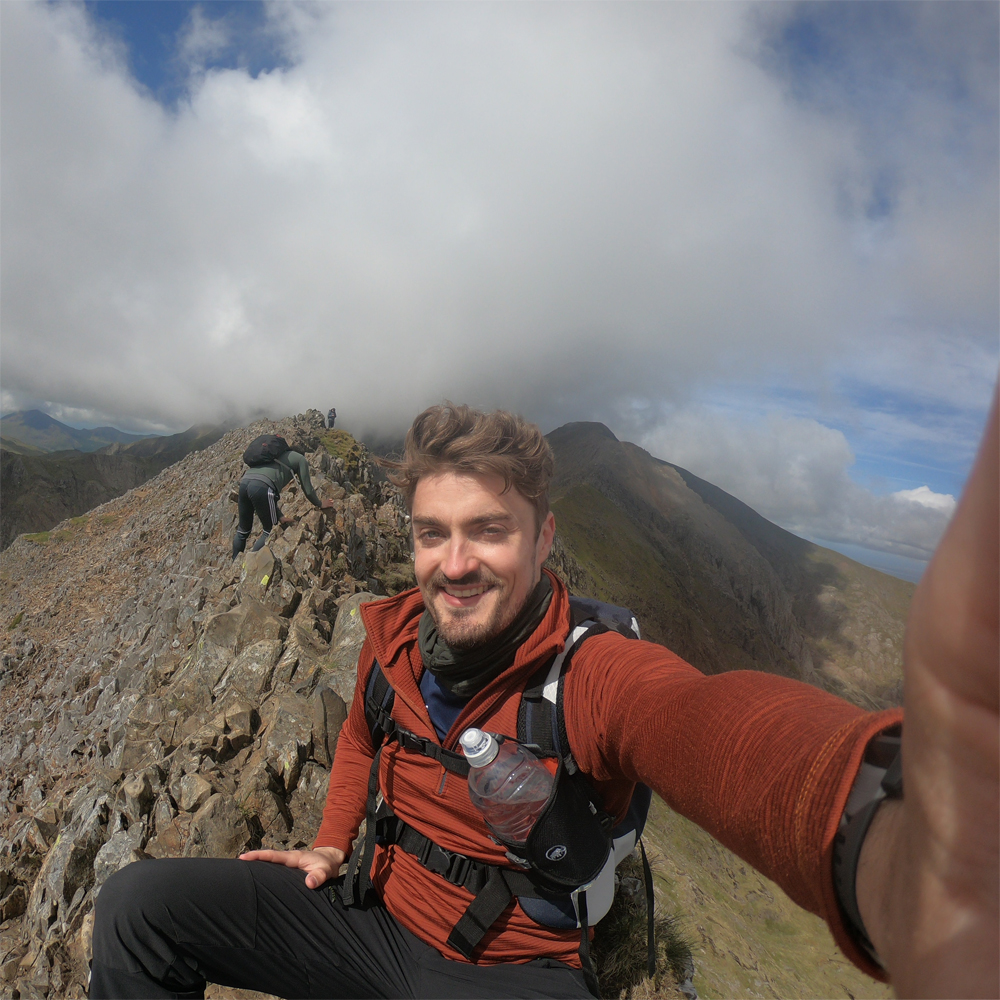“Everything else is just a bag!” Zenbivy founder Michael Glavin’s mission to reinvent sleeping outdoors
We catch up with the founder and designer of one of the comfiest sleep systems on the market
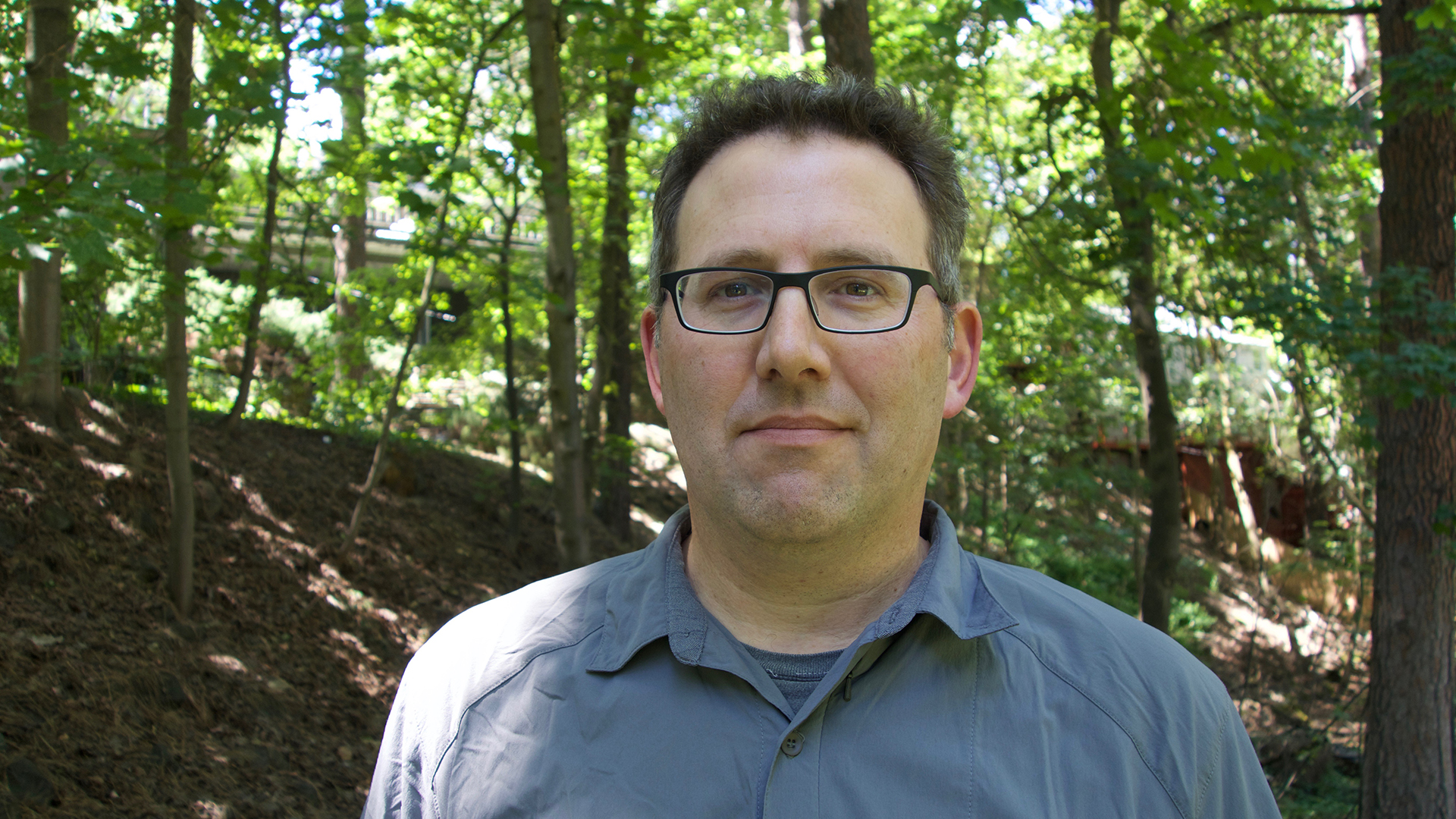
All the latest inspiration, tips and guides to help you plan your next Advnture!
You are now subscribed
Your newsletter sign-up was successful
Earlier this year, I managed to get my hands on the brand-new Zenbivy Ultralight Bed, an incredibly comfortable sleep system unlike anything I’ve ever seen before. Doing away with the old concept of the ‘bag’, the Zenbivy Bed is a modular setup that is much more reminiscent of your bed at home than it is a classic camping sleeping bag. In it you can toss, turn and snuggle much more naturally. And as I noted in my review it’s the best bit of kit – sleeping bag, sleeping pad or otherwise – that I’ve tested for quite a while.
I connected with Zenbivy founder and general manager Michael Glavin to find out how this phenomenal little sleep system came to be, and to discuss what is yet to come in their “peaceful little rebellion against traditional outdoor gear”.
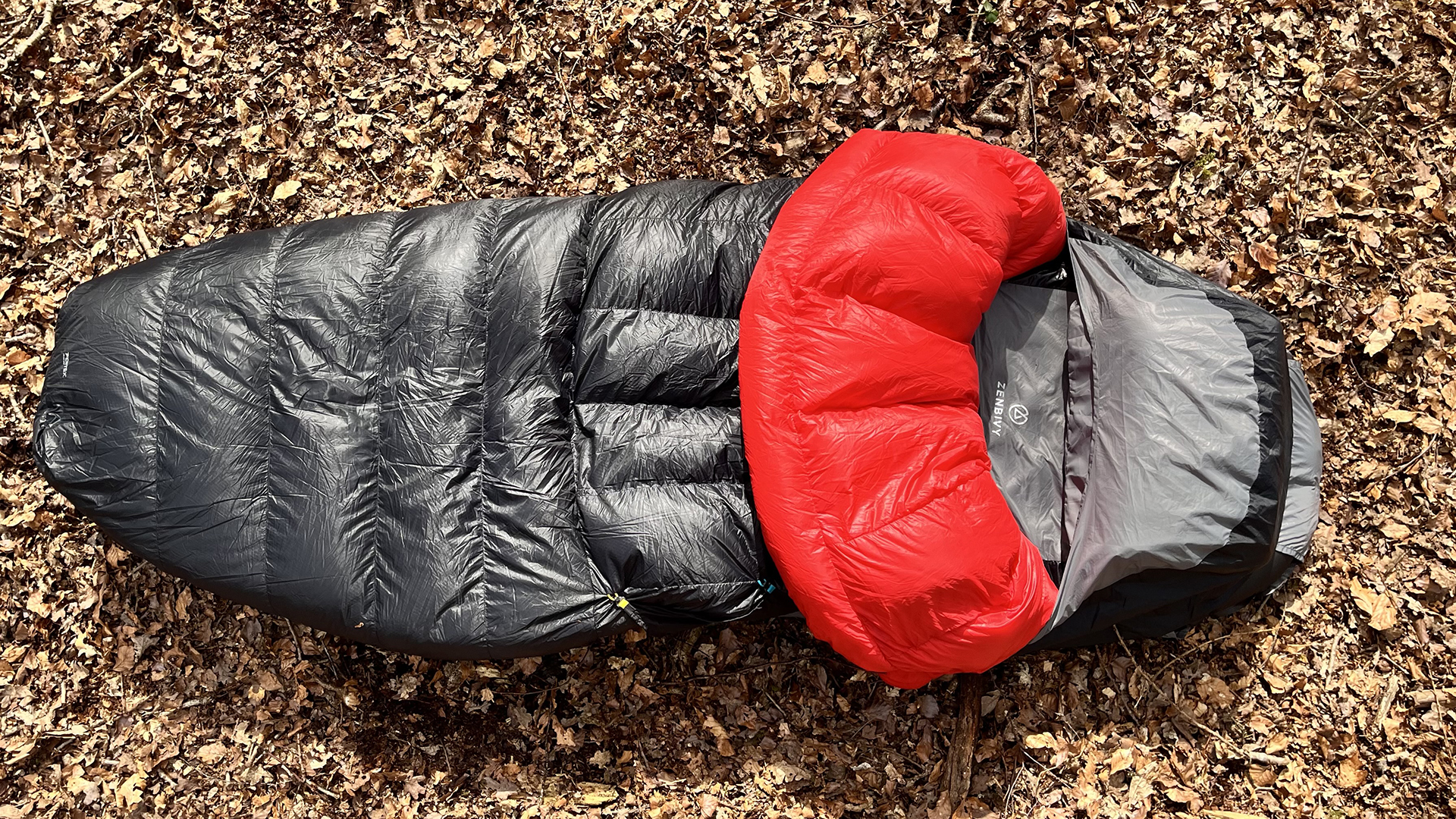
What is Zenbivy? And what are you all about?
The philosophy of Zenbivy has always been that the most comfortable system is minimal. The best way I can describe that is if you go car camping with certain people, they take everything but the kitchen sink… Then they’ll do a trip, come home and put it all away. It’s exhausting. You end up spending all of your time managing gear and not experiencing what you’re out there to experience. Which is why the whole idea behind Zenbivy is that going lightweight is to be more comfortable. We’re about making gear that’s more minimal… so that you can focus on the experience you’re out there to have.
Where did the initial idea come from and how did you come to found Zenbivy?
The Zenbivy Bed came from a vision I had in the late 1990s when I was the director of marketing at Cascade Designs. Of course, Therm-a-Rest was huge in mattresses but had no sleeping bags back around that time. So I would tell them, “We’re not going to do any more sleeping bags. We’re going to do beds!” And we were going to start with a proper outdoor bed that would have been designed to be more comfortable – just like your bed at home. Which is where the whole idea started.
It took, I guess, 17 years to get where we are today, starting with some prototyping in the early 2000s. But the real innovation with Zenbivy came when we figured out how to attach the quilt to the sheet, allowing it to wrap around you freely while not losing [its] thermal seal and falling off the mattress. That idea came to me in 2017, as I had already done the Backcountry Bed from Sierra Designs, which is the predecessor to the Zenbivy Bed.
All the latest inspiration, tips and guides to help you plan your next Advnture!
[This is the product] that convinced me that a sleeping bag needs to be two pieces, which is based on my earlier designs. These were all two pieces. But nobody liked it. It was ugly and it was weird, right? And when people first saw it… they found it sort of strange. But I just became convinced that from a technical standpoint, this is how to do it. This is how a bed is made, after all…
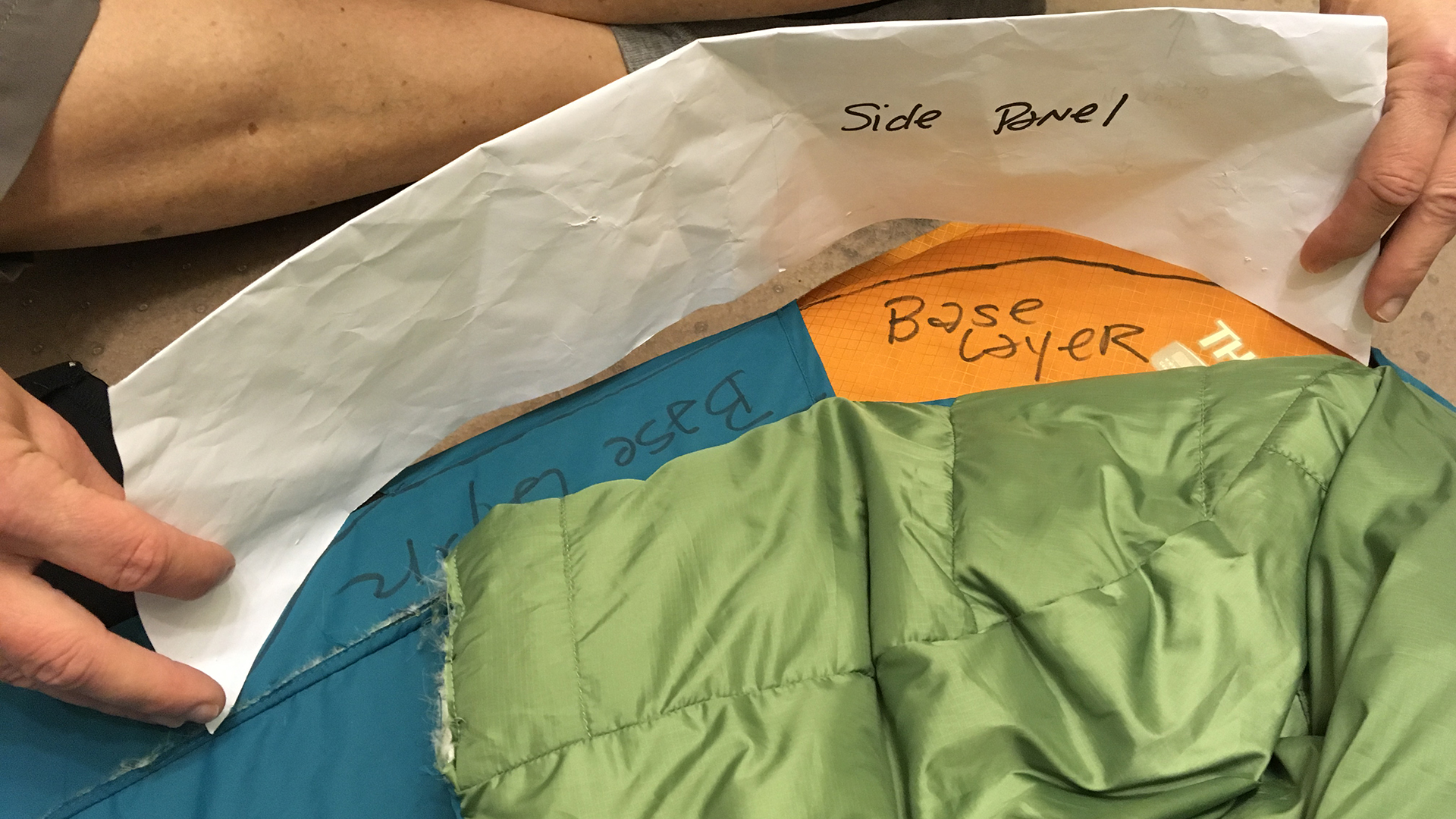
How would you say Zenbivy differs from a conventional sleeping system?
Every other product is a bag. And this is not a bag; it’s a bed. That really is the fundamental difference we’ve been talking about all along.
Most people camp outside fewer than 10 nights a year. And that’s a lot for a good number of people. The other 355 nights a year you’re sleeping in your bed… What we [also] learned is that 40% of people can’t get into their preferred position when zipped into a mummy bag. Out of all of the people who use mummy bags, 85% of them don’t use the bag as it was intended. They use it like a quilt anyway and only seal themselves off inside when they’re freezing their butt off… So we always think, “How would people sleep if they were in their bed at home?”
So every other product starts as a bag and is an evolution of that. But the Zenbivy is really the first thing that starts as a bed and has been put together like you would your mattress at home. You put the mattress down, you put the sheet over the mattress, you put the covers down and you put the pillow down. And then you can sleep in all of the positions that you like, just like you would in your bed.
How many prototypes have you worked on over the years? Are you thinking of the current product as the finished article?
Well, the basic design from 2017 has remained mostly unchanged. Every Zenbivy Bed we’ve ever made is compatible with the sheets we’re currently making, for example, but they have gone through a lot of changes over the years… It took five prototypes until we got to what we call ‘P5’ – Prototype 5 – which is what I call the first Zenbivy Bed. It’s the first one where everything kinda came together. Prior to that, they looked a lot weirder!
Since then, we’ve added a bunch of innovations, such as the ‘Kylie Curve’, the drawcord at the top, which is patented. The Fast Footbox that you get [on the Ultralight Quilt] is another innovation from the last couple of years.
In the future, we definitely want to work on innovations. The biggest one is our hook and loop system, used to attach the quilt to the sheet, and – you know – there’s a lot of hooks and a lot of loops on the Zenbivy bed. It’d be nice to figure out a way to simplify all of these attachments… But if I knew how, I would have done it by now.
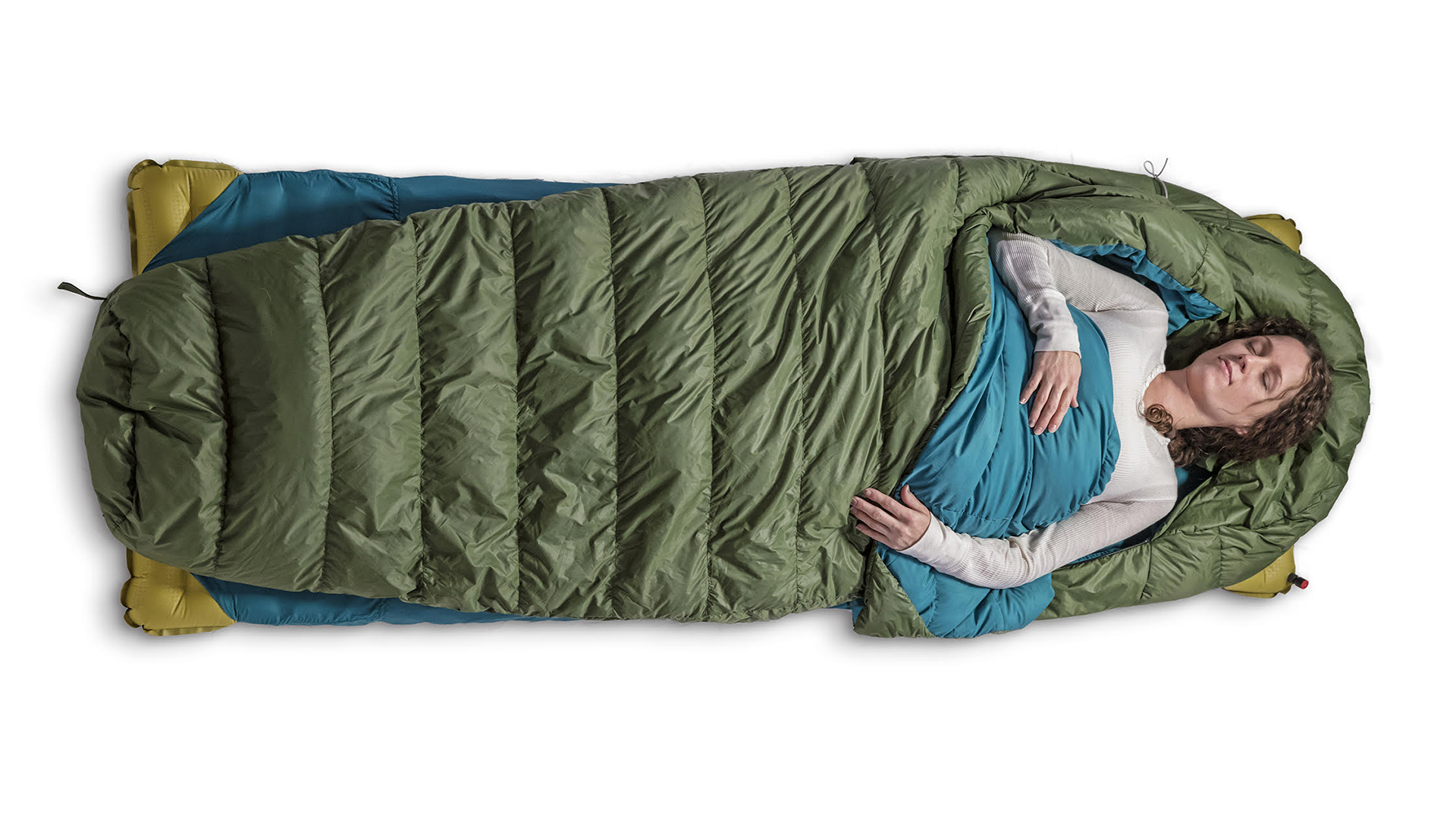
You currently only sell Zenbivys directly through the Zenbivy website. Do you have any plans to see Zenbivy Beds hanging in REI any time soon?
You know, I worked in wholesale my whole career. And wholesale is where innovation goes to die… It’s just harder to do something like this. Way harder. It just wouldn’t work if we tried to sell them through Cotswold Outdoor or REI. You can’t communicate directly through those environments. But today with YouTube, the internet and direct marketing, we can tell our story directly and earn our customers one at a time.
That being said, it’s taken us a while to get where we are. When we launched, we were tiny. Then we doubled and we were still tiny. Then we doubled again and we were still tiny. And it wasn’t until the fourth doubling that we started to have any real momentum. But when selling a revolutionary new idea, you have to earn it – customer by customer by customer. Which is what I love. We sell them one at a time to individuals, and to me, that’s really empowering after years and years and years of wholesale.
People always ask me, “When are you going to go to wholesale?” And I tell them, very seriously, “You should ask the next owner.” Because we’re not going to go to wholesale while I’m here. There’s just no reason.
Are there any other outdoor products that you would like to design one day?
Yes! We have ideas for both tents and backpacks, in addition to sleep systems. I’ve done a lot of tents over the years. In fact, I’ve designed four or five tents that I’ve got right here [points at shelf]. But we want to redesign the experience. I don’t want it to be just another tent. And even though the tent designs are fairly radical, there are parts I don’t like.
More recently, I’ve been looking at backpacks as this an area that – as far as I can tell – hasn’t changed much since The North Face Snow Leopard in the 1980s… I think there are a lot of ways to innovate in [this] category, but whether we’ll actually do them, I don’t know. We work on them from to time, but I don’t have the brilliant idea ready to go, otherwise we’d be launching them! But I think there’s a lot of potential out there.
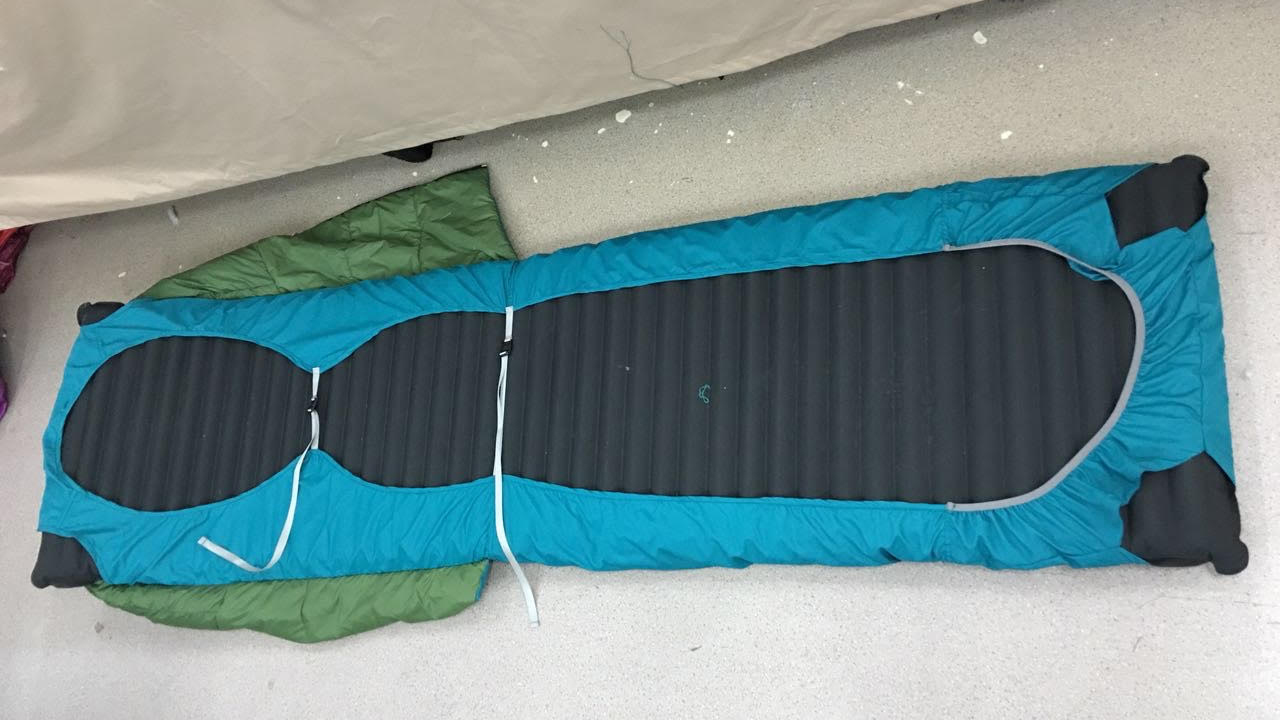
Let’s pretend there’s a zombie apocalypse and you can only take one Zenbivy Bed and one tent with you for the rest of your life. Which would you pick and why?
I would do a Zenbivy Light Bed – not our top-of-the-line [bed], but the next level down. And I would do our new Flex Air Mattress. The reason I would do those is that they are definitely light enough for legit lightweight backpacking, but if you just had one for everything and [want to] maximize the comfort – it just does it all!
Then the tent I would put it in would probably be a homemade tent! But out of the tents that are available, I’d probably say the Tarptent Cloudburst 3. They’re great in the rain, in stormy weather, in good weather, and they’re light! If you need to spend a long period of time in them, you can.
Growing up just south of the glorious Brecon Beacons National Park, Craig spent his childhood walking uphill. As he got older, the hills got bigger, and his passion for spending quality time in the great outdoors only grew - falling in love with wild camping, long-distance hiking, bikepacking and fastpacking. Having recently returned to the UK after almost a decade in Germany, he now focuses on regular micro-adventures in nearby Snowdonia and the Brecon Beacons, as well as frequent trips to the Alps and beyond. You can follow his adventures over on komoot.
